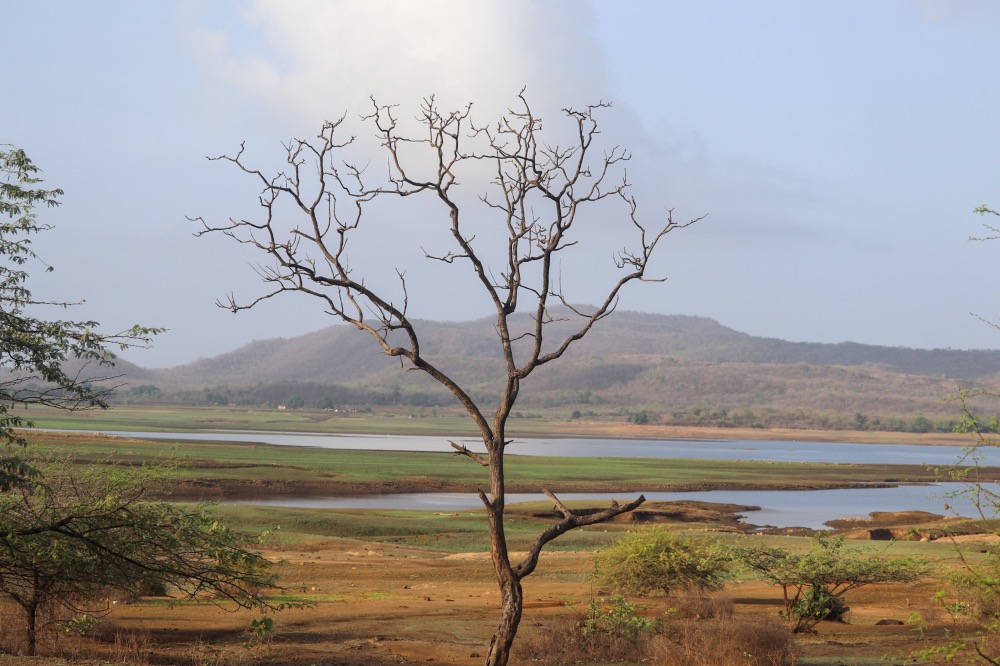A new law to curb illegal land occupation in the western Indian state of Gujarat is hurting the urban poor, women and lower-caste Dalits, land rights groups said on Wednesday, with thousands facing eviction and loss of their livelihoods.
Under the Gujarat Land Grabbing (Prohibition) Act, enacted in December, anyone found to be illegally occupying public or private land can be charged and tried in special courts, with penalties including fines and jail sentences of up to 14 years.

Landscape in Gujarat. PICTURE: Tasmay Rachhadia/Unsplash
“Everyone is a potential land grabber, a criminal, under this law – no one has protection, particularly those who are already vulnerable,” said Varsha Ganguly, a board member of the non-profit Working Group for Women and Land Ownership.
“It is not their fault that the land they have been on for decades has not been regularised, that land records are not updated, or that there are no conclusive land titles. These are failures on the part of the government.”
The law, which is modelled after similar laws in the states of Karnataka and Assam, has been challenged in Gujarat’s high court, with the petition filed last month by two residents, who say they were unfairly charged under the law, ongoing.
Gujarat chief minister Vijay Rupani has defended the law, telling reporters that it would bring “peace and security” and ensure “time-bound and speedy disposal of complaints, and protect the interests of farmers and the common man”.
There are nearly 800 ongoing land conflicts in India, according to Land Conflict Watch, a network of researchers, largely driven by rising demands for land for industry, infrastructure, power and conservation.
A growing number of informal settlements and slums have been cleared for housing and office blocks, with more than 107,600 people evicted in 2019, according to Housing and Land Rights Network, a non-profit.
In Gujarat, authorities have said the law will expedite resolution of land conflicts, and that about 700 cases are being investigated. Human rights groups say the law is being used against the landless poor, and other marginalised groups.
Ganguly said Dalit women who have been farming wasteland for decades face eviction, while Gujarat parliamentarian Mukesh Patel has voiced concern that the law could be used to penalise nearly 2,000 widows shrimp farming on government land.
“They are being portrayed as the shrimp mafia. They are poor widows,” he told lawmakers on Tuesday, urging that the land be given to them on humanitarian grounds.
KG Vanzara, a former bureaucrat now working as a lawyer, has estimated that about 8 million such people in the state could be evicted.






